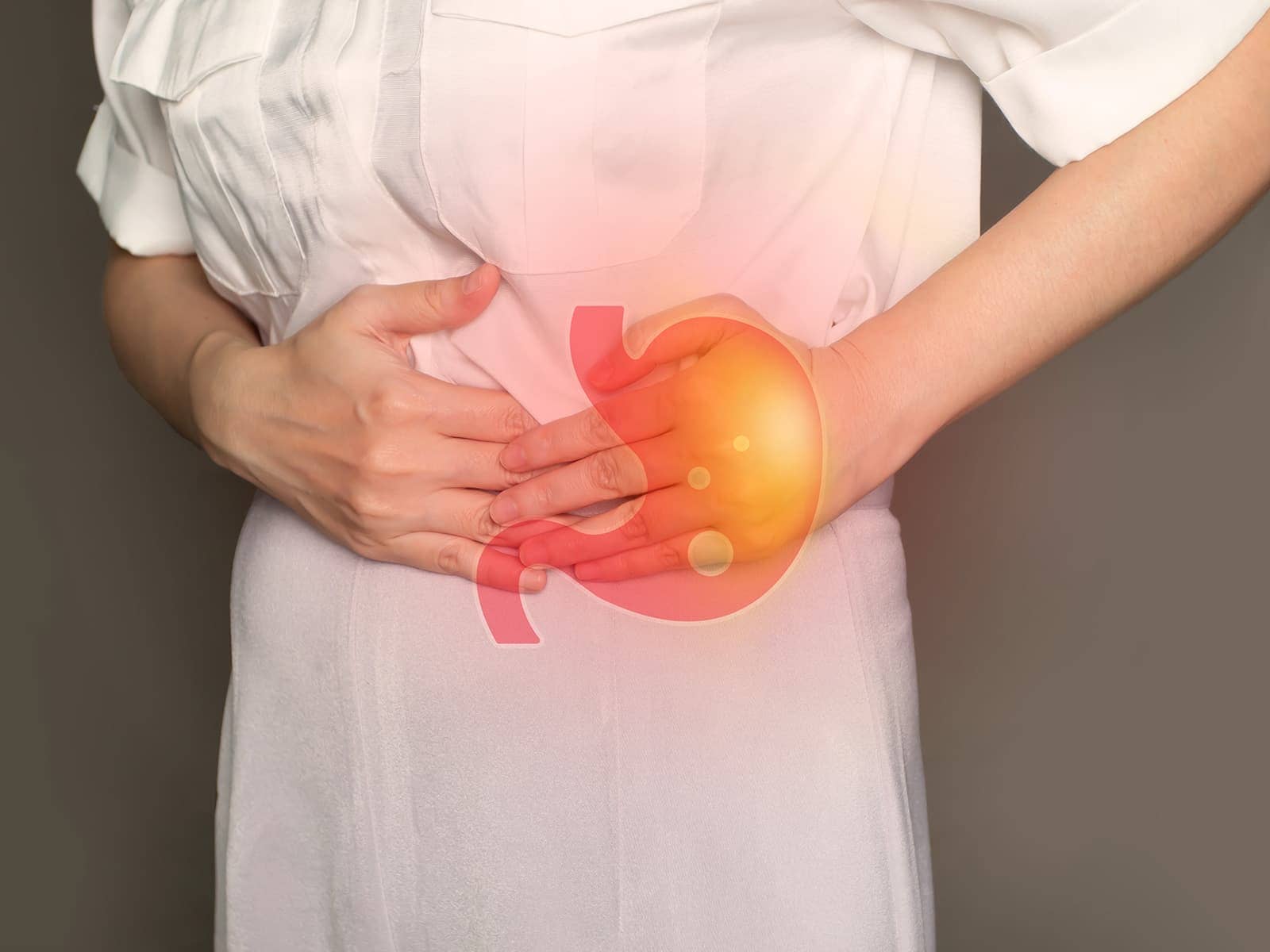
Indigestion or an upset stomach Dyspepsia is the name given to the state of discomfort in your upper belly. You can have pain, pressure, or general fullness with the postprandial period. The symptoms may take days, weeks and even days. Taking the problem at a young age and using simple, safe treatment can make you feel better.
Symptoms of dyspepsia include:
A lot of factors can be the cause of dyspepsia, and in some cases any obvious cause is presented. Common triggers are:
GastroDoxs anticipates delivering high-quality diagnostics and treatment of abdominal distension and other related diseases; hence, its efforts are based on patient-centered care and holistic solutions of the digestive system. We believe in caring, individualized care to make your life and health better.
Fancy relaxing your indigestion? Make a visit to GastroDoxs, our Cypress experts, and be assured of lasting relief.
We've successfully treated more than 3.8K patients, helping individuals improve their digestive health and overall well-being through expert, personalized care.
With over 20 years of experience, GastroDoxs has been a trusted provider of gastroenterology care, focusing on delivering the best outcomes for patients
Dyspepsia is often pronounced as dys-PEP-see-uh and the stress is laid on the second syllable.
Mild dyspepsia may disappear within hours but functional dyspepsia may take weeks or months to disappear without specific treatment.
I have dyspepsia, or my stomach does not feel good and full after eating.
The word dyspepsia is an approximation of dys- (meaning bad or difficult) and -pepsia (or meaning digestion), meaning indigestion or pain in the upper abdomen.
Eat less often or not at all of greasy, spicy or acidic food, including pizza, soda, chili, caffeine and citrus, which has the potential to stimulate indigestion or complicate it.
Prefer boring low calorie foods such as oatmeal, rice, bananas, applesauce, and lean meat as they would calm your stomach.
The risk factors are stress, smoking, some drugs (e.g., NSAIDs), infections with H. pylori, overeating and the family history of the digestive problems.
Yes. Starting with little and frequent meals, maintaining a food diary, triggers, and relieving with over-the-counter antacid or H 2 blocker can help.
Call GastroDoxs in Cypress, and make an appointment. We will refer you to a board-certified gastroenterologist who has dealt with the issue of dyspepsia.
Symptoms can be improved by lifestyle modifications (stress and dietary modifications), acid-lowering drugs (PPIs or H 2 blockers), prokinetrics, and occasionally behavioral therapy.